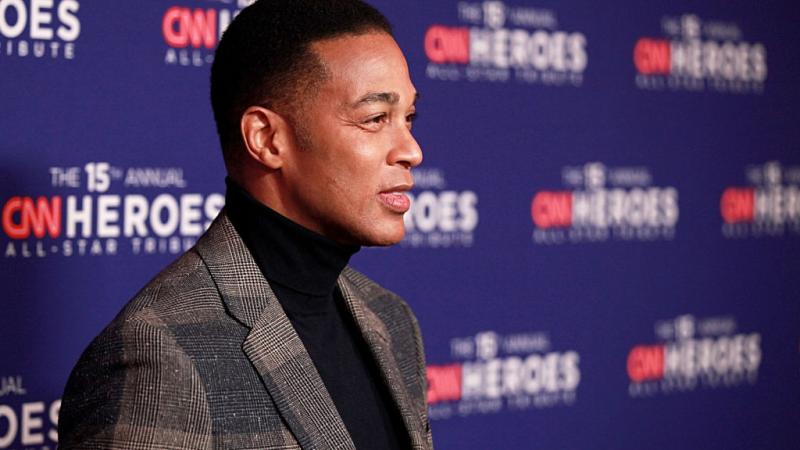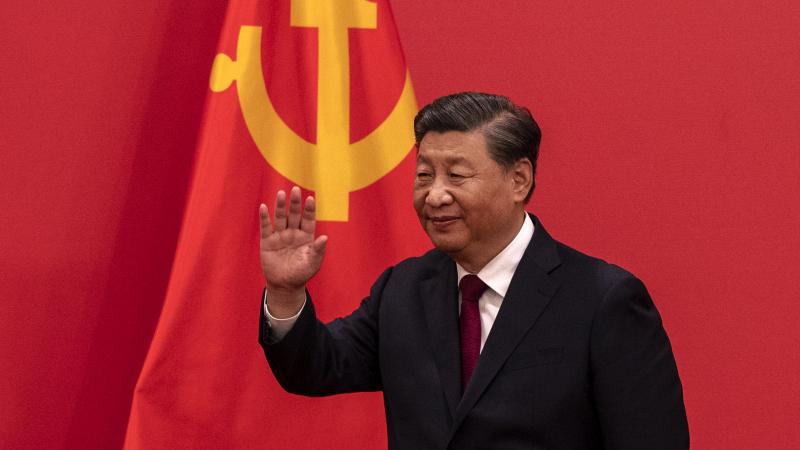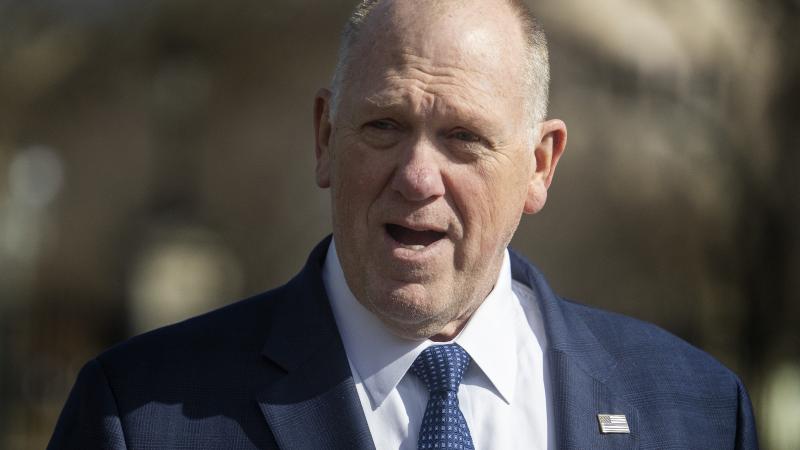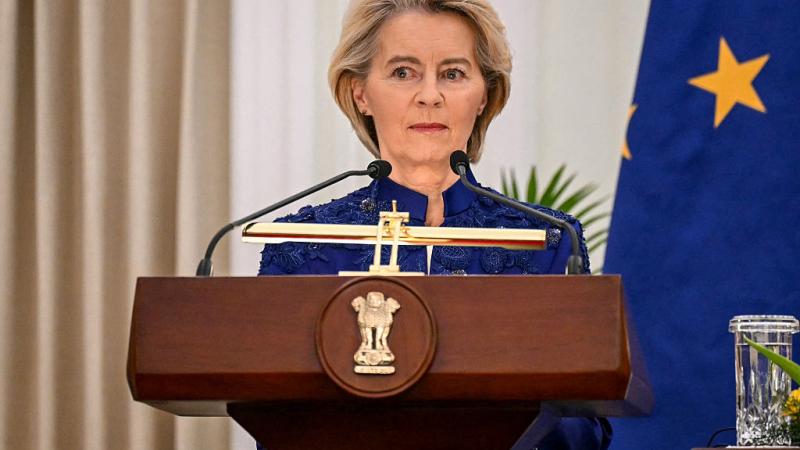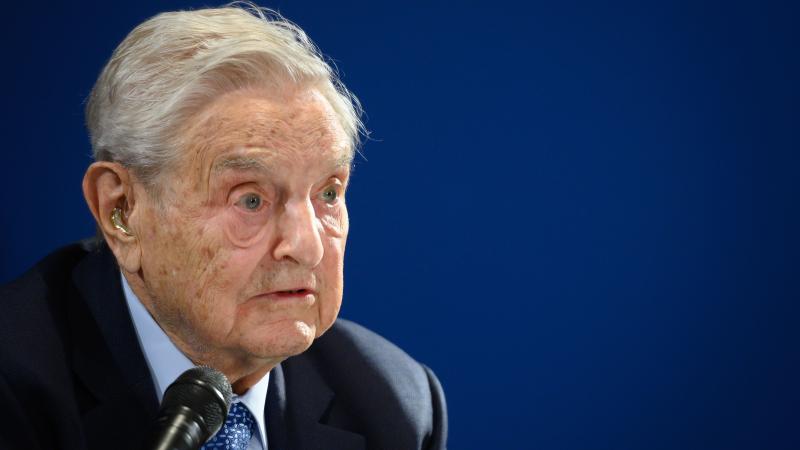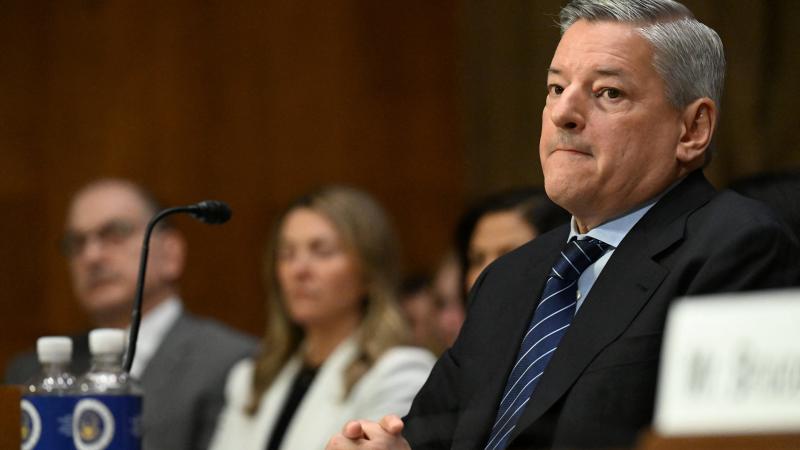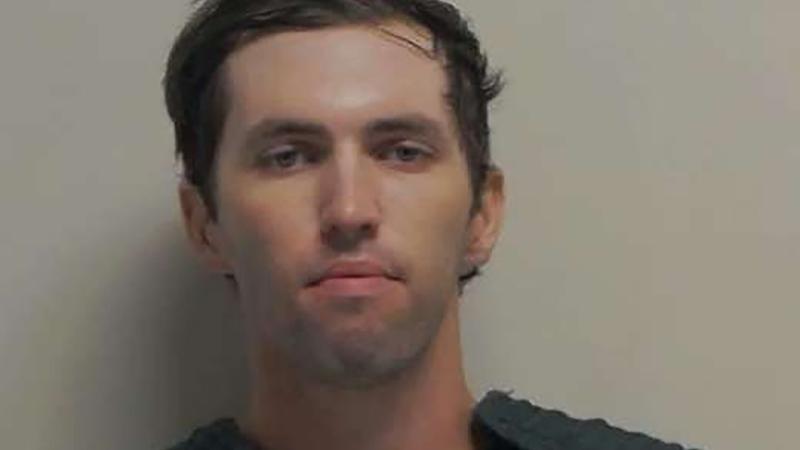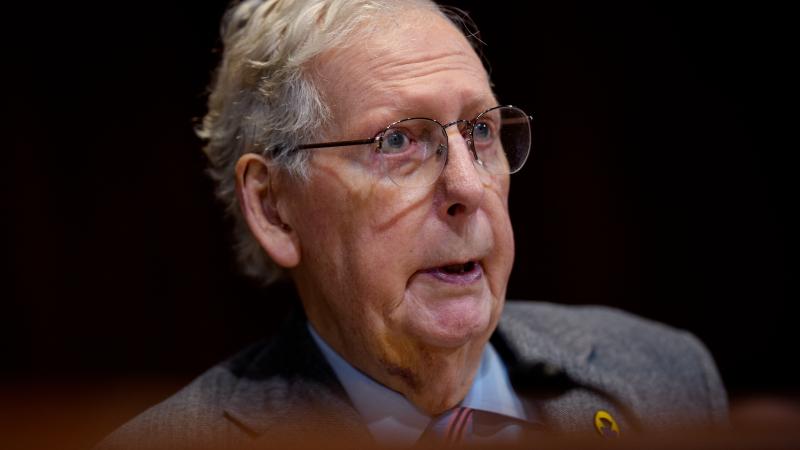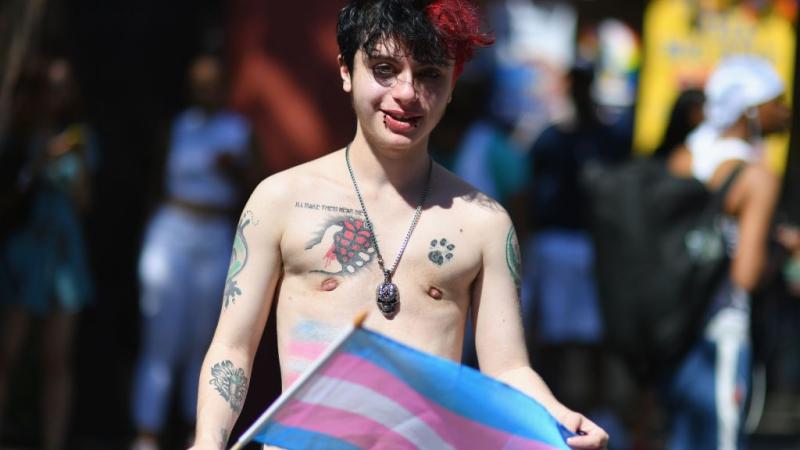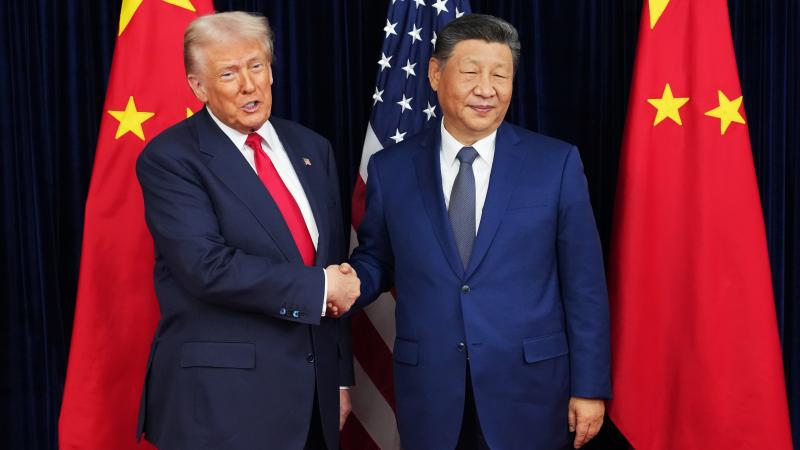Trump's NY criminal trial: All the possible outcomes when the jury returns a verdict
Trump has pleaded not guilty and contends that the case is part of a broader political witch-hunt designed to derail his 2024 bid for the White House.
Jury deliberations began on Wednesday in former President Donald Trump’s criminal trial in New York. The world awaits what is sure to be a historic verdict in any scenario, and speculation has abounded as to the possible outcomes.
Manhattan District Attorney Alvin Bragg charged Trump with 34 counts of falsifying business records. Central to the case is a 2016 payment of $130,000 that Trump made to his then-attorney, Michael Cohen, who allegedly paid Stormy Daniels out of pocket and asked for a reimbursement.
Trump has pleaded not guilty and contends that the case is part of a broader political witch hunt designed to derail his 2024 bid for the White House. Throughout the proceedings, Trump has criticized the judge and the prosecutors over their handling of the case, and Judge Juan Merchan has issued "gag orders" preventing Trump from talking about potential witnesses and most people in or associated with the court or the New York District Attorney’s office.
The former president has twice asked Judge Merchan to recuse himself in light of his daughter’s employment with a left-wing firm that boasts President Joe Biden and Vice President Kamala Harris as clients, though he refused both times.
A verdict is likely to come this week. Here’s a look at each of the possible outcomes.
"Guilty" verdicts
The jury could find Trump guilty on all or some of the counts related to the case. In such an instance, Trump would be all but certain to appeal the conviction and the case would likely go to the First Department of the Appellate Division in New York State Court.
It is also possible that the jury could convict Trump on only some of the 34 counts as each pertains to a different business record, though each charge of falsification pertains to the same underlying allegations. Trump would likely appeal any convictions, nonetheless.
Prosecutors on Tuesday outlined their overall argument that Trump falsely designated the payment he made to Cohen as a legal fee. Prosecutor Matthew Colangelo argued that Trump and his allies "formed a conspiracy at [a] meeting to influence the presidential election by concealing negative information about Mr. Trump in order to help him get elected.”
A conviction would likely mean that Colangelo’s argument won the jury over.
If found guilty on any of the charges, before an appeal, Trump's lawyers can also file a motion asking for a "Judgment Notwithstanding the Verdict," -- sometimes called a “directed verdict” -- which effectively acquits Trump by determining that no reasonable jury could side with the prosecution. Such a motion and decision is highly unlikely, though the Trump team has asked Merchan to dismiss the case and he has yet to rule on the matter.
Throughout the proceedings, Merchan’s relationship with the defense has appeared somewhat acrimonious. Merchan has expanded the scope of gag orders to prevent the former president from discussing his daughter. Merchan further imposed a litany of fines on Trump for violating the order and even threatened him with jail time should he continue to violate the order.
"The last thing I want to do is put you in jail, [but] at the end of the day, I have a job to do," he said earlier this month. “Your continued violations constitute a direct attack on the rule of law."
One likely basis of appeal if found guilty would be Merchan's jury instructions, which have come under fire.
Constitutional Law Professor Jonathan Turley called the jury instructions issued by Merchan "a canned hunt" in a commentary in The Hill, explaining that "the jurors were told that they could split on what occurred, with four jurors accepting each of the three possible crimes in a 4-4-4 split. The court would still consider that a unanimous verdict so long as they agree that it was in furtherance of some crime."
Acquitted
A jury may find Trump not guilty on all of the charges, effectively ending the matter as Bragg would not be able to appeal an acquittal. The jury could decide that Trump either did not falsify records, that he lacked intent to defraud in making them, or that there was no underlying crime, according to Politico.
Trump defense attorney Todd Blanche, also on Tuesday, insisted that Trump’s non-disclosure agreement with Daniels was legal and that Cohen had received more money from Trump than he paid to Daniels. He further attacked Cohen’s credibility.
"There’s no way that you can find that President Trump knew about this payment at the time it was made without believing the words of Michael Cohen, period. And you cannot — you cannot — believe his words," Blanche said.
In New York, the prosecution is not allowed to ask for a JNOV or appeal in the event of an acquittal because that would violate the Double Jeopardy Clause of the Fifth Amendment.
Hung jury
The jury might be unable to agree on Trump’s guilt or lack thereof. An acquittal or conviction would require unanimity from the jurors on each of the false document charges and a sole dissenter would be sufficient to prevent a final decision in either direction. In such a scenario, the judge would likely declare a mistrial, which could potentially result in a new trial at a later date.
If a mistrial were declared, the prosecutors could ask for a new trial, which would not violate the "Double Jeopardy" clause of the Fifth Amendment.
Ben Whedon is an editor and reporter for Just the News. Follow him on X.


